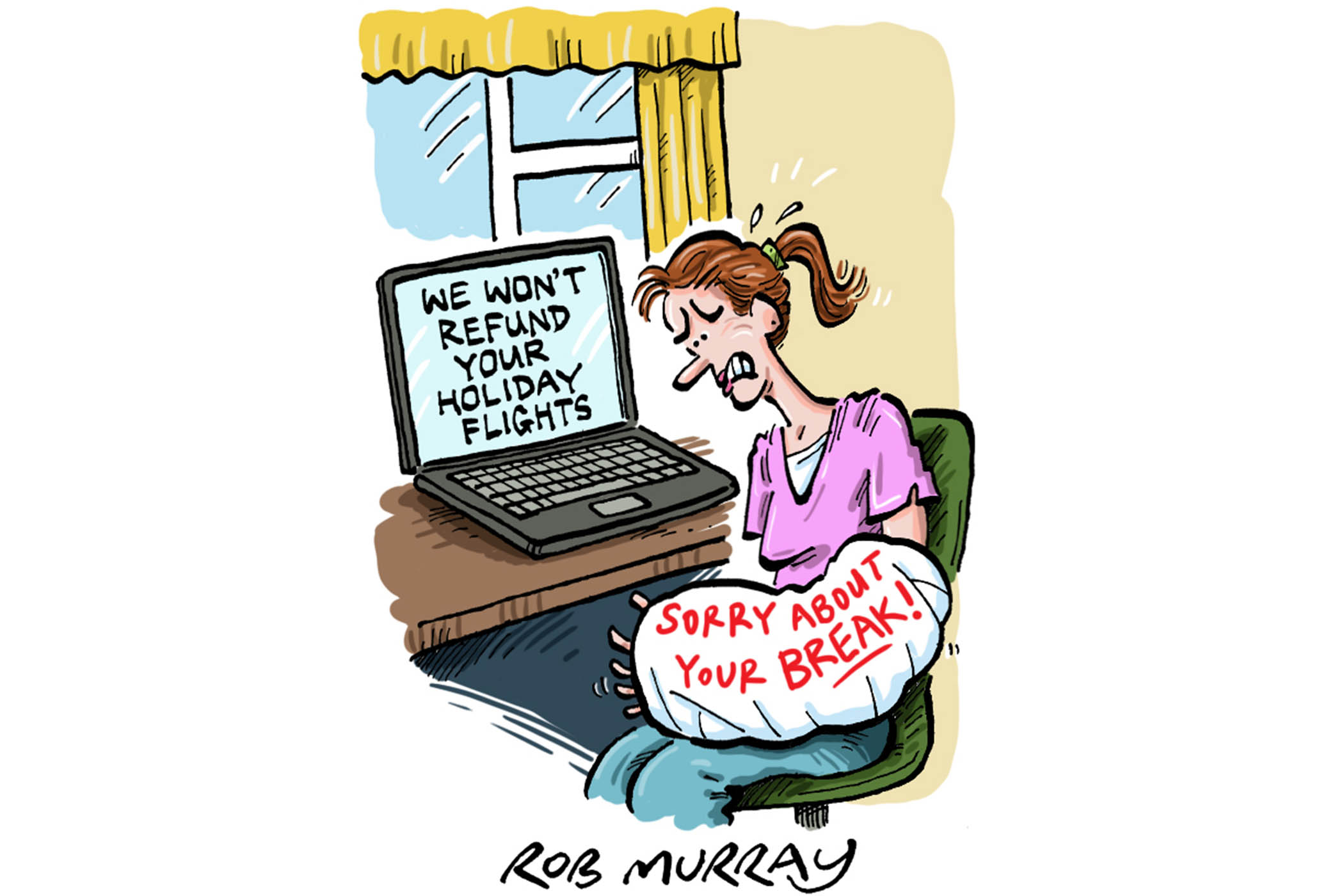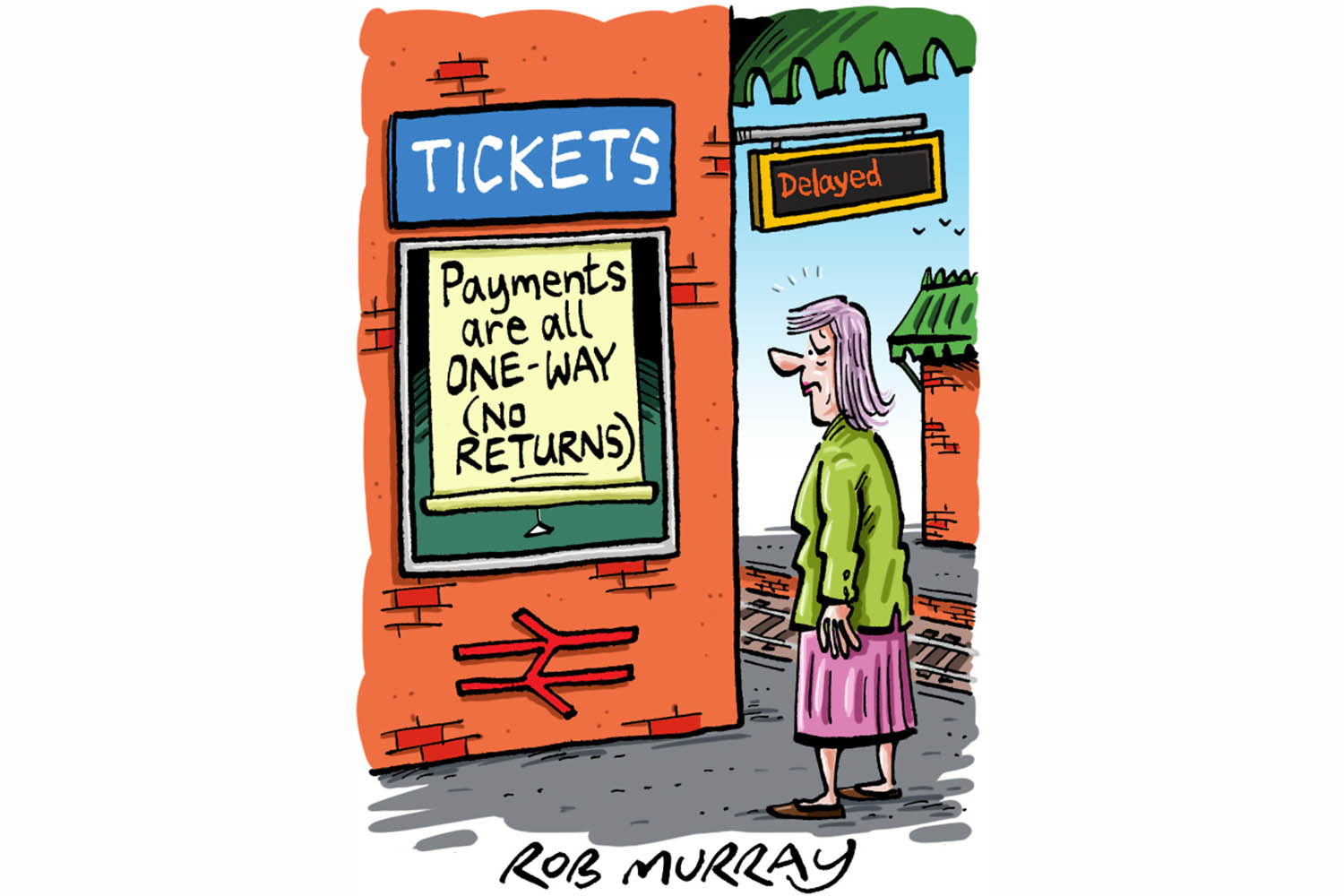My partner and I bought tickets through Booking.com to fly to Hanoi, Vietnam, with Shenzhen Airlines on 16 April.
On 4 April, I suffered a serious arm fracture and my doctor recommended not going away in case surgery was required. Following Booking.com’s explicit instructions on its website to “contact the airline directly” for changes and refunds, we called the airline.
The representative assured us we would receive a full refund. Importantly, he did not instruct us to formally cancel the flights but did say he would email specific instructions to apply for the refund. A few days later, we sent our medical documentation to the airline, followed by further medical documentation and chasing emails.
The day before our scheduled flight, we still hadn’t received confirmation of our refund. However, the airline’s refund policy explicitly states that passengers who are no-shows due to illness are still eligible for refunds if they have medical documentation.
On 28 April, Shenzhen Airlines reversed its position, claiming we needed to go through Booking.com for the refund. We immediately contacted the website, which said it requires flights to be cancelled prior to departure to process any refund. Cancelling in advance would have been simple had either party provided clear instructions. Both companies are now refusing to take responsibility, leaving us £1,124 out of pocket – a huge sum for young people on modest incomes.
While airlines set refund policies, customers who buy tickets through an agency – Booking.com in your case – normally have to contact the agency to cancel their flights and initiate a claim.
Booking.com apologised for “any confusion caused by initial communications with the airline and the delay in processing the refund” and said its ticketing partner company, Etraveli, was still waiting for more details from you to submit your refund request to the airline.
You had not received any requests for further information, and it took another two months of chasing by The Observer for Booking.com and Etraveli to organise your refund. Last week – five months after you had to abandon your holiday – you got your £1,124 back.
Related articles:
You were lucky that you were eligible for a refund, as you had made a rookie error by planning to buy travel insurance just before your holiday started. Next time, buy insurance as soon as you pay for your holiday.
DWP wants refund – a year after son died
When my son died in August last year, he was receiving personal independence payments (Pip) and employment and support allowance (ESA).
I used the Tell Us Once service to notify the Department for Work and Pensions (DWP) and I also rang to avoid a benefits overpayment. I received a letter from the DWP dated 23 September 2024, confirming the final amount owed to him, which was duly paid to my account. I have since received a letter from the DWP, dated 14 July 2025, which says £66.16 was incorrectly paid for the three days after he died. It says: “We hope you appreciate that when public funds are incorrectly paid we are obliged to ask for them to be refunded.”
It was extremely distressing to receive this letter, almost a year after my son died. I don’t understand why it has taken so long for this overpayment to be dealt with.
The DWP is tardy and completely completely lacking in empathy when it comes to its own mistakes. In another case I came across, it refused to pay bereavement support to the widow of a retired policeman. It told her she could claim the benefit a year and five days after his death – but there is a 12-month time limit, so she was five days too late to claim.
When I asked the DWP why it had taken so long to ask for a refund, and if it really wanted the small amount back, it took six weeks to reply. Itsaid: “Our thoughts and condolences are with Ms J. We ask for repayment when money has been paid for a period after the customer’s death, as part of our responsibility to the taxpayer, but when a loved one is not in a position to repay debt, we will usually not ask them to pay it. Due to a system issue, the letter requesting repayment was sent later than usual, and we sincerely apologise for the distress the timing of this notification has caused.” It still expects repayment.
Email your problems to Jill Insley at your.problems@observer.co.uk
Newsletters
Choose the newsletters you want to receive
View more
For information about how The Observer protects your data, read our Privacy Policy

